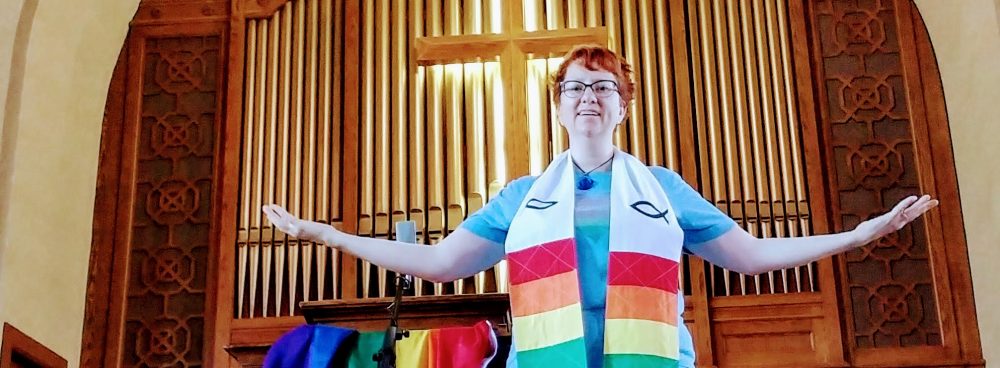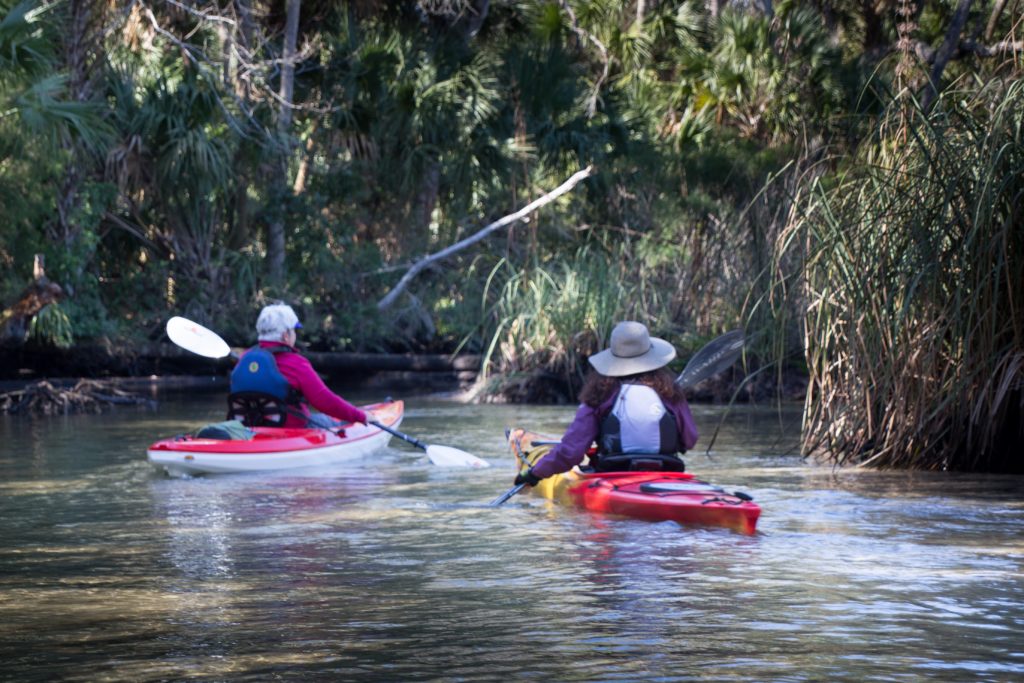Exodus 1:8-14 speaks to me of so many things that are happening in our world right now. The Egyptians were not bad people, but they were afraid. They were afraid that their land and communities would be changed by the number of Israelis among them. They were afraid that their power would be shared. They were afraid that they would lose their wealth. The way they dealt with all of this was to force the Israelites into hard labour. The oppression that the Egyptians engaged in came from a place of fear. The passage begins by telling us that the new pharaoh did not know Joseph. In other words, the new pharaoh did not know the history. The pharaoh had forgotten how Joseph had helped Egypt in a time of great need.
If we know our history, we know that Europeans were good at colonization. With any colonization, there are those moments of first encounter. In our own context, I am reminded of stories of the first encounters between Indigenous and European people. There are stories of Indigenous people teaching about how to live off the land and survive the harsh winters. The Europeans needed Indigenous knowledge to survive in this new place. But then there’s the work of figuring out how new cultures, communities, and languages will come together.
In the scripture story, the Egyptians decided to force the Israelites into slavery and when that didn’t work, they decided on genocide by killing all the baby boys. In Canada, the Europeans used treaties, reserves, and residential schools to gain control of the land, to control and to assimilate the Indigenous peoples. We know that children were killed and their deaths hidden from their families. There are similarities between the story of ancient Egypt and Canada. The specific methods are different but the intent of holding power and control over another group of people is the same.
Some of us might relate to the Egyptians who live in fear of foreigners becoming too numerous or powerful in their country. I regularly hear anti-immigrant sentiment and racism in our community. For some of us of European descent, I think it can be uncomfortable to see so much diversity from so many places. It can be uncomfortable to hear Indigenous people finding their voice and speaking from their experiences and realities and holding the colonizing groups to account.
Canada exists as both a colonized and colonizing people. We hold the experience of colonizing the Indigenous people, along with many immigrants who come from parts of the world that were colonized by the Europeans. Those of us of European descent hold a history of being colonizers. Part of the Exodus story we won’t hear today is one of resistance. As Israelite babies were born, they were to be killed. There are stories of midwives saving the babies. Moses’ mother placed him in a basket and hid him in the river. Moses himself killed someone he saw abusing an Israelite.
Colonization brings with it a need to control—to control land, resources, power, people and stories. We’ve seen in our own country the way that control has destroyed communities, generations of families, languages, and cultures. We remember children who died in residential schools and whose families never knew what happened. When control is threatened and fear arises, we see hatred and violence increase. Today we remember the harms of colonization. We know that so much has been lost by the need to control.
The first part of the reading takes us into a place of oppression and hurt. It takes us into violence and destruction. These are very real experiences in our world. Exodus 3:1-15 leads us through those experiences to something else.
After killing someone who was abusing an Israelite, Moses fled into the wilderness. He had started a new life. He tried to forget about his connection to the people who were suffering. It was no longer his problem. Even though he was trying to hide from God, God found him and gave him a task.
Moses was the one who would lead the people out of Egypt. God was going to work through Moses to change the lives of the Israelites. Moses was a reluctant leader. He didn’t jump up and immediately say, “Send me, God.” He said, “Why me? Who am I?” But God insisted.
Hiding is much easier and much more convenient. Putting our blinders on so we don’t see anything unless it directly impacts us is often more comfortable. And stepping up to make a difference can be challenging. It requires faith in God’s presence. It requires hope that there is something beyond the immediate reality.
Sometimes, the biggest barrier to change is us. We don’t think that our presence or our words matter. We’re just one person, what difference will that make? Moses was just one person, and he made a difference. On the Day for Truth and Reconciliation, we hear Phyllis Webstad’s story of her orange shirt that was taken from her on her first day at residential school. We heard Carmen Lansdowne’s words reminding us of the need for our work and commitment.
Moses went to Egypt with God’s presence and led the people out of Egypt. They wandered in the wilderness for forty years—learning to rely on God and becoming a community of people. They were people who had lived through the trauma of slavery and oppression. You would think that experience, and forty years of healing in the wilderness with God’s presence leading and guiding them would have taught the Israelites something.
God brought them into a new land. A land filled with plenty of food and resources. But there were already people in that land. Rather than be oppressed again, the Israelites engaged in genocide and war to remove the people who were already there. Does this sound at all familiar? The Israelites had an opportunity to do something different, but they defaulted to what they already knew. We need to know our history so we understand the importance of relationships. We need to understand our history so we can see how decisions of the past impact the present. From there, we can begin making different choices and following God to a different way of being in the world.
At the Living Skies Regional gathering last spring, Chief Cadmus Delorme described the history of Canada and the work of reconciliation in this way:
“Think of it as two canoes going down a river. One canoe is Cowessess. The other canoe is the Crown, Canada – Saskatchewan, where I am right now. We agreed to float down this river as long as the sun shines, the grass grows, the river flows. Every generation, we were to exchange a child with the other canoe to raise them to know the ideology. And that way we would always prosper together. That didn’t happen.
Two years after Treaty 4, the Indian Act was thrown in our canoe without our consent. It had one purpose: to imprison the minds of the Cowessess people. [It said] that we don’t know our own governance, that women [are to] play a lesser role, and so forth.
Twenty-two years later, the residential school was thrown in our canoe. It had one purpose: to brainwash Indigenous people so we would not know our language, not know the spiritual connection of men with braids, and so forth.
So today, the Cowessess canoe has fallen behind. We’re not asking Canada to slow down; we’re asking Canada to invest in our canoe so we can catch up to what a true treaty relationship should be in this country. If anybody thinks that we should have abandoned our canoe – you’re thinking White Paper – that’ll never happen. Delete that. And let’s just focus on a true nation-to-nation relationship.”
I found this image helpful in thinking about how we got where we are and where we go next. There’s an invitation and a specific action—help the Indigenous canoe catch up so that the canoes can float together. There’s an opportunity for something different going forward but it is going to requires us to step out of our comfort zone and find different ways of being in relationship. We will need to be comfortable with diversity and find ways for all of our diversity to be celebrated. Our responsibility requires us to protect the rights of the most vulnerable people in our society so that we don’t repeat the mistakes of the past.

